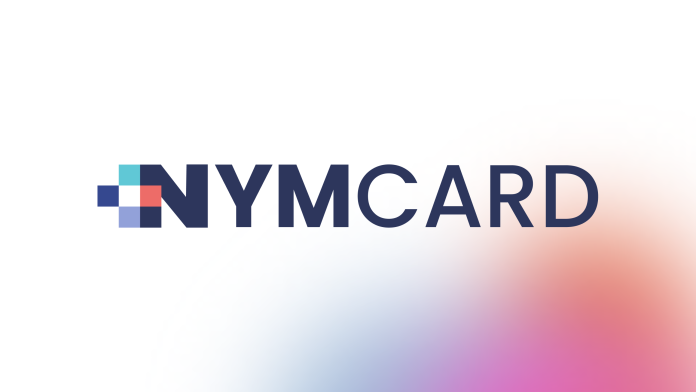The expansion of the Middle East and North Africa (MENA) area frequently follows a pattern that is known to company owners.
International corporations frequently choose the United Arab Emirates (UAE), with Abu Dhabi and Dubai drawing visitors from across the world who are searching for a regional hub from which to manage their MENA-wide activities.
For instance, the Banking-as-a-Service (BaaS) startup NymCard planned to open an office in Abu Dhabi after outgrowing its starting location in Beirut, Lebanon. Omar Onsi, the CEO and creator of the business, told PYMNTS in an interview that it helped them get in touch with “clients, IT companies, and payment innovators seeking different sorts of modern payment solutions.”
NymCard can now easily coordinate its activities throughout the MENA area from Abu Dhabi, where it intends to stay for the long term.
“NymCard is laser-focused on resolving the MENA challenges; we are not aiming to serve the entire world. You won’t ever see us in Asia, Europe, or the United States, said Onsi.
The Kingdom of Saudi Arabia (KSA) and Egypt are the largest Arab-speaking economies in the area, giving significant markets for businesses to tap into, in addition to those two Emirati megacities.
Bahrain is a desirable option for the FinTech industry because of its well-established banking system and welcoming regulatory framework. The little nation has recently produced businesses like Tarabut.
Peer-to-peer (P2P) lending platform liwwa, located in Jordan, has completed a $18.5 million pre-Series B round to increase the number of its retail clients who may finance loans and earn returns while assisting in the improvement of financial inclusion in the nation.
This demonstrates that FinTechs will be crucial in fostering the expansion of the digital economy and integrating Jordan’s more than 750,000 registered refugees into the financial system.
The government’s national financial exclusion strategy has been built around the three pillars of microfinance, digital financial services, and small- to medium-sized business (SMB) finance because it recognizes the crucial role the FinTech sector can play in supporting such marginalized populations.











